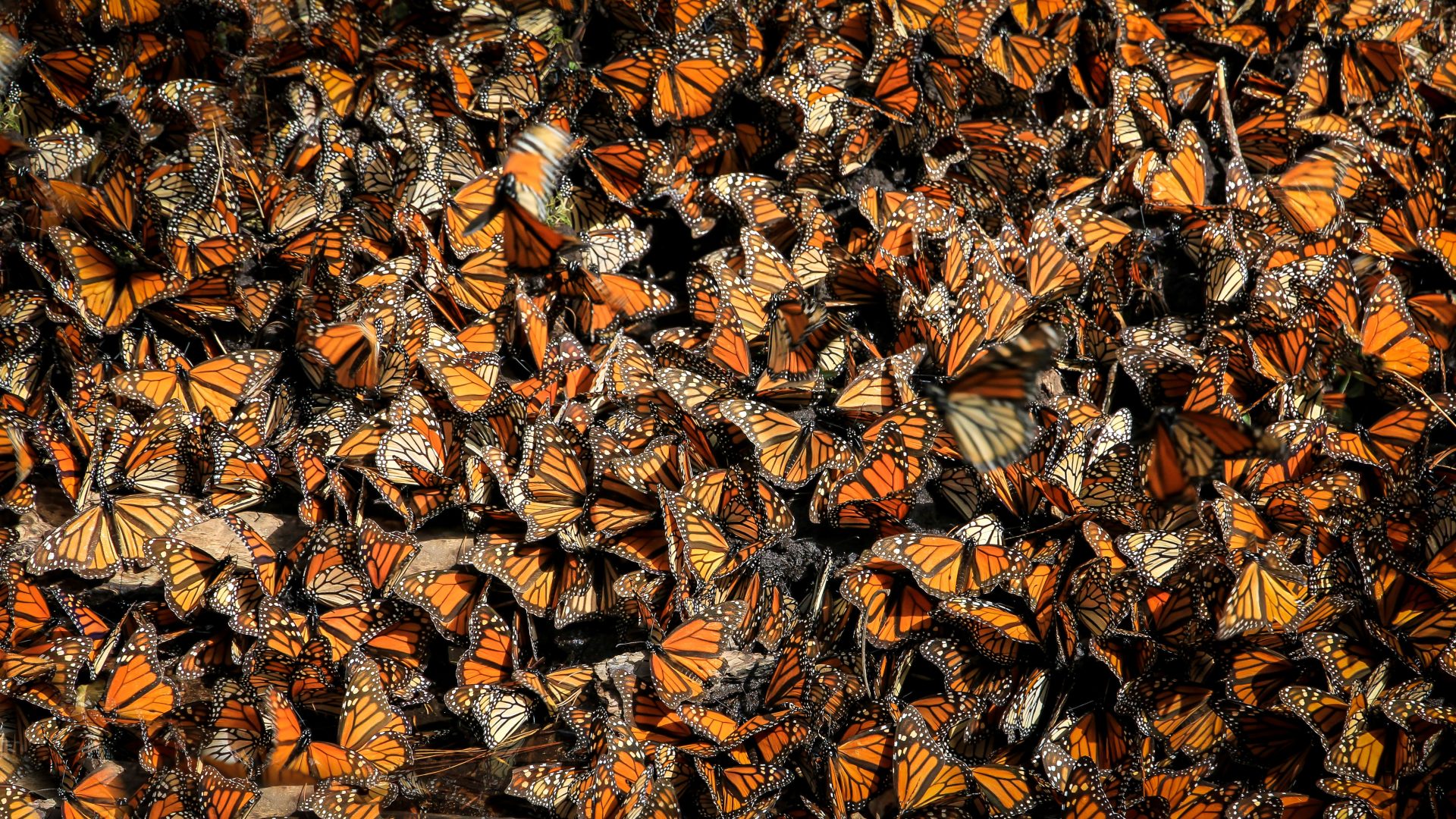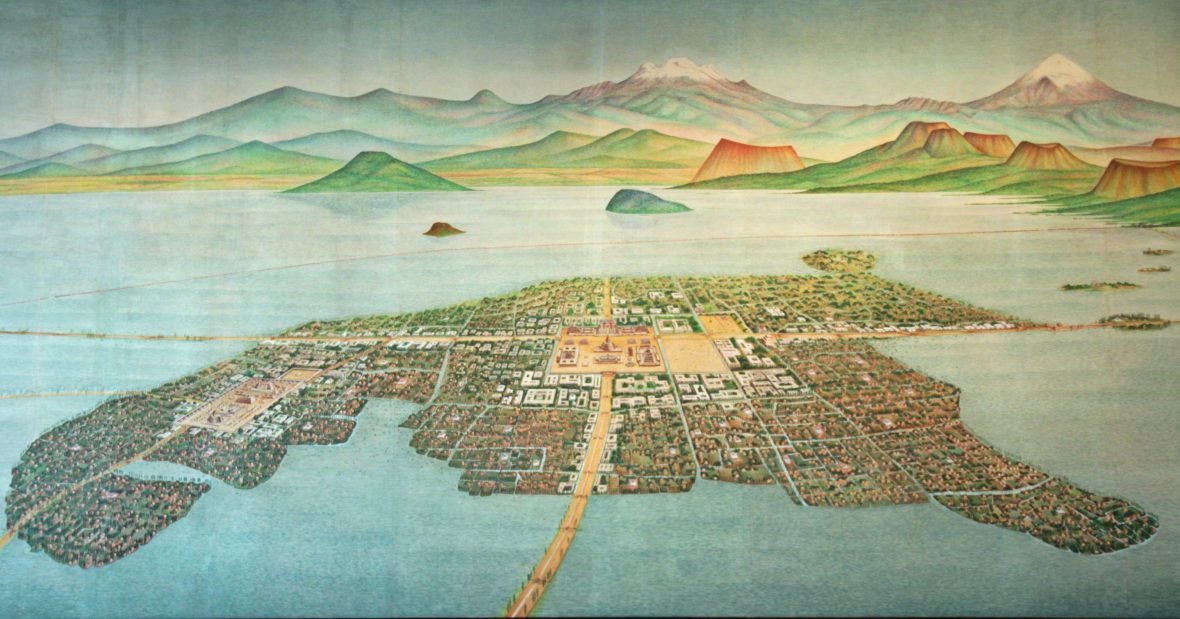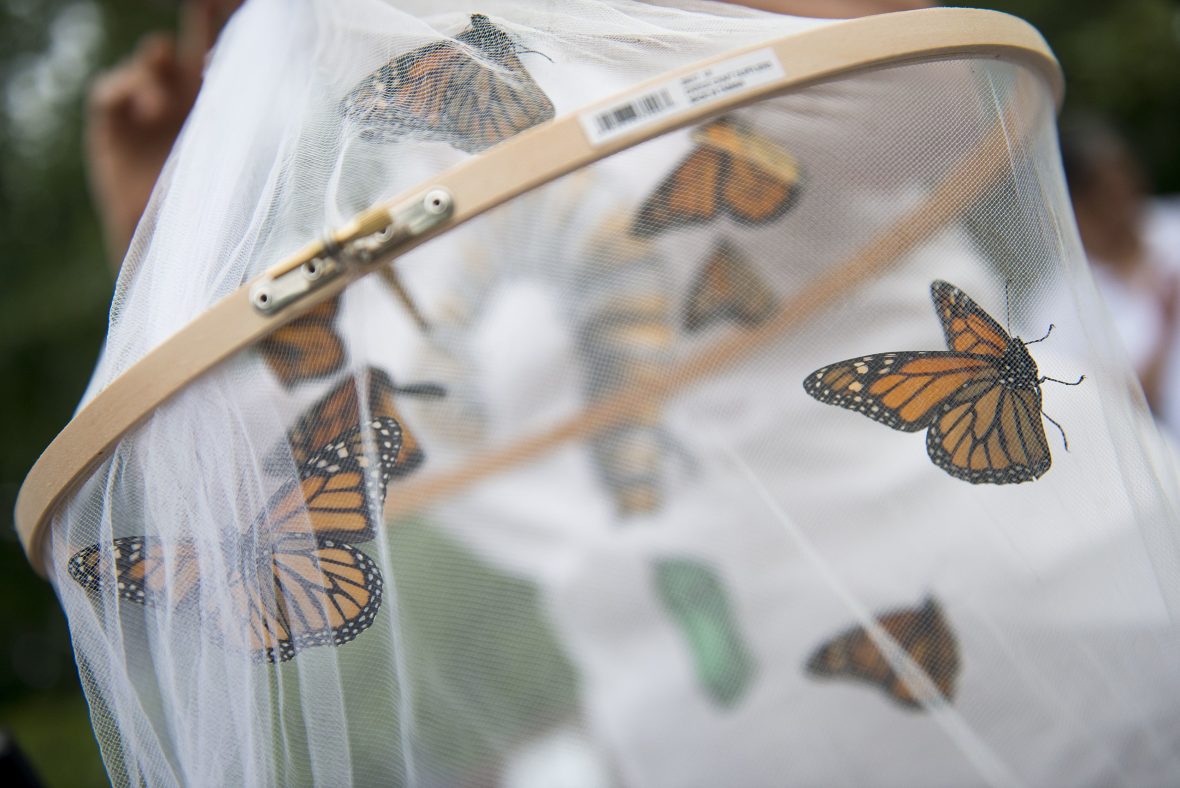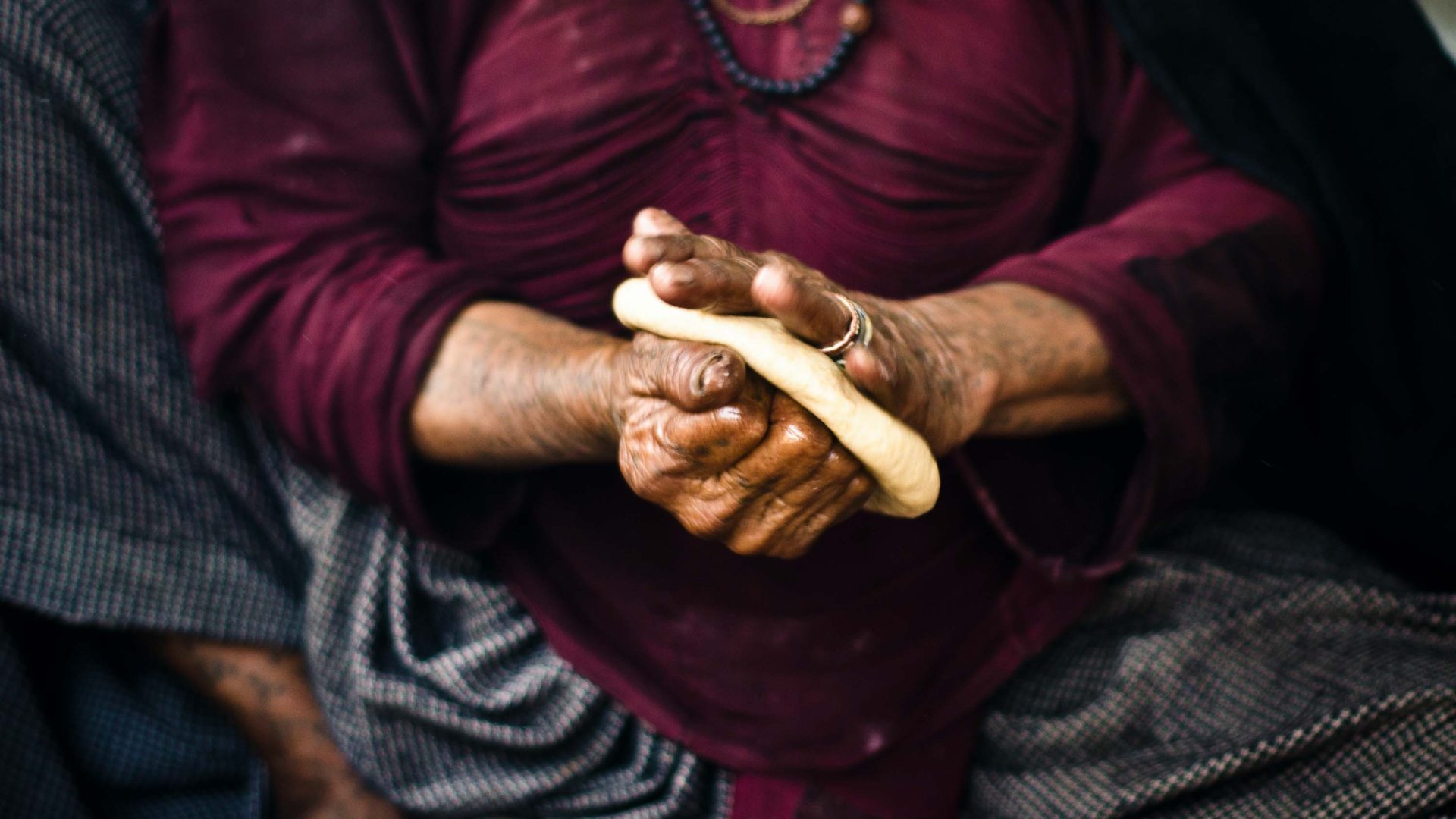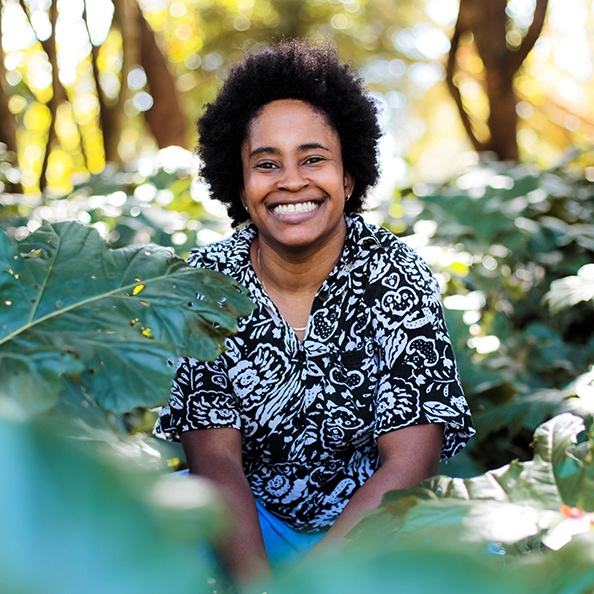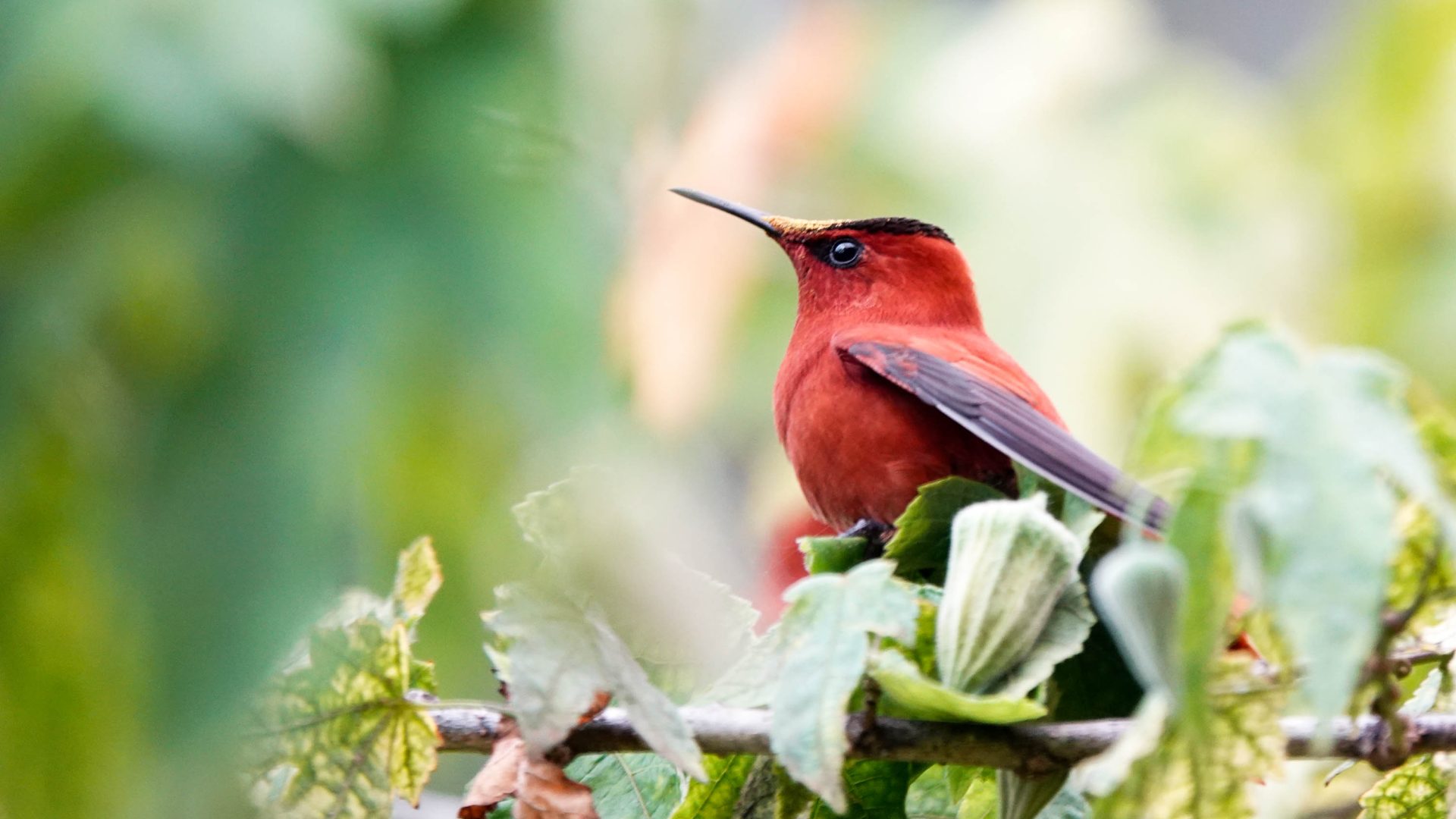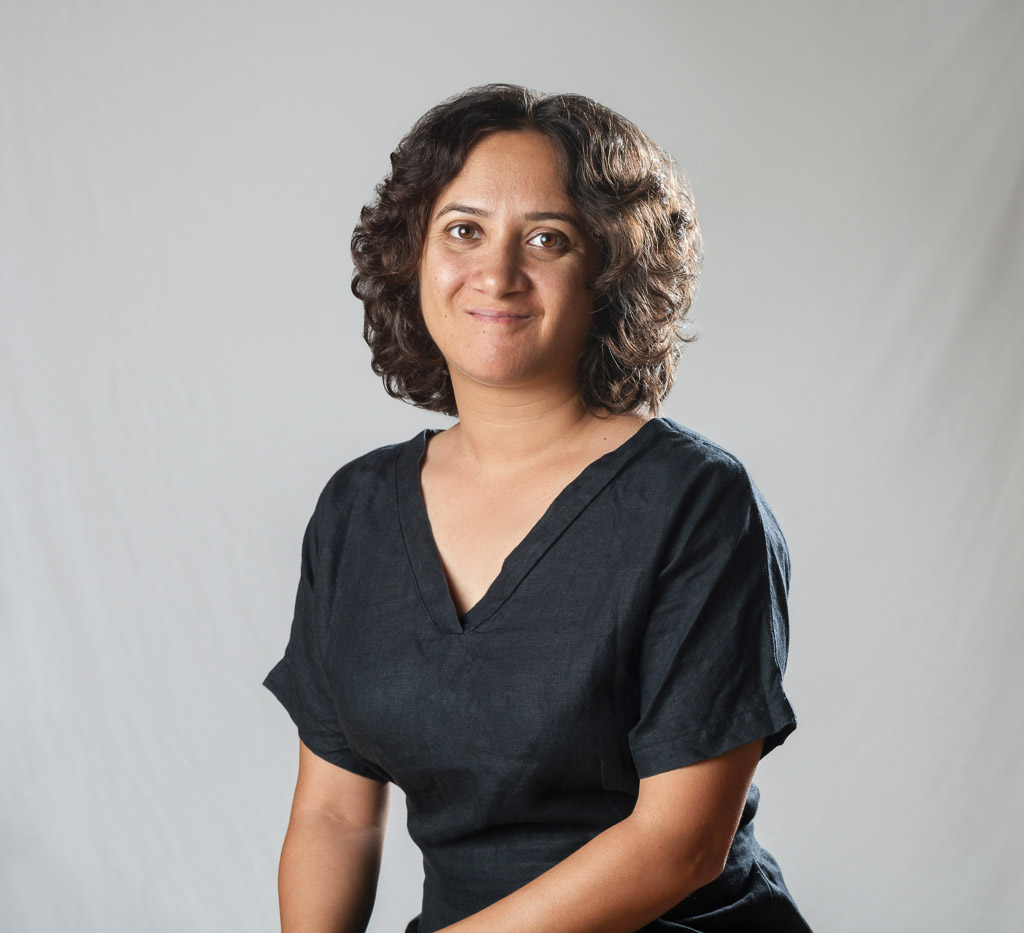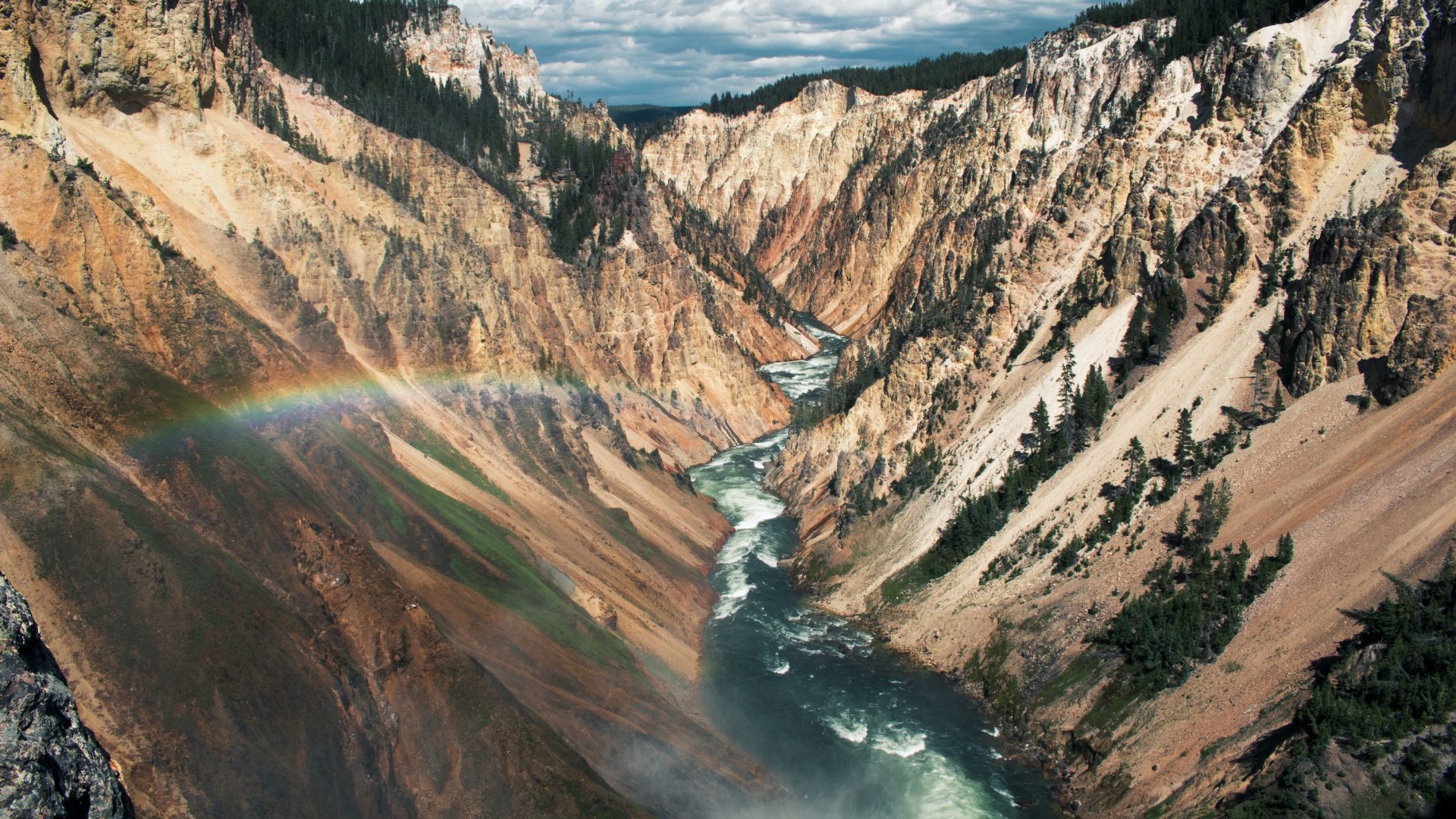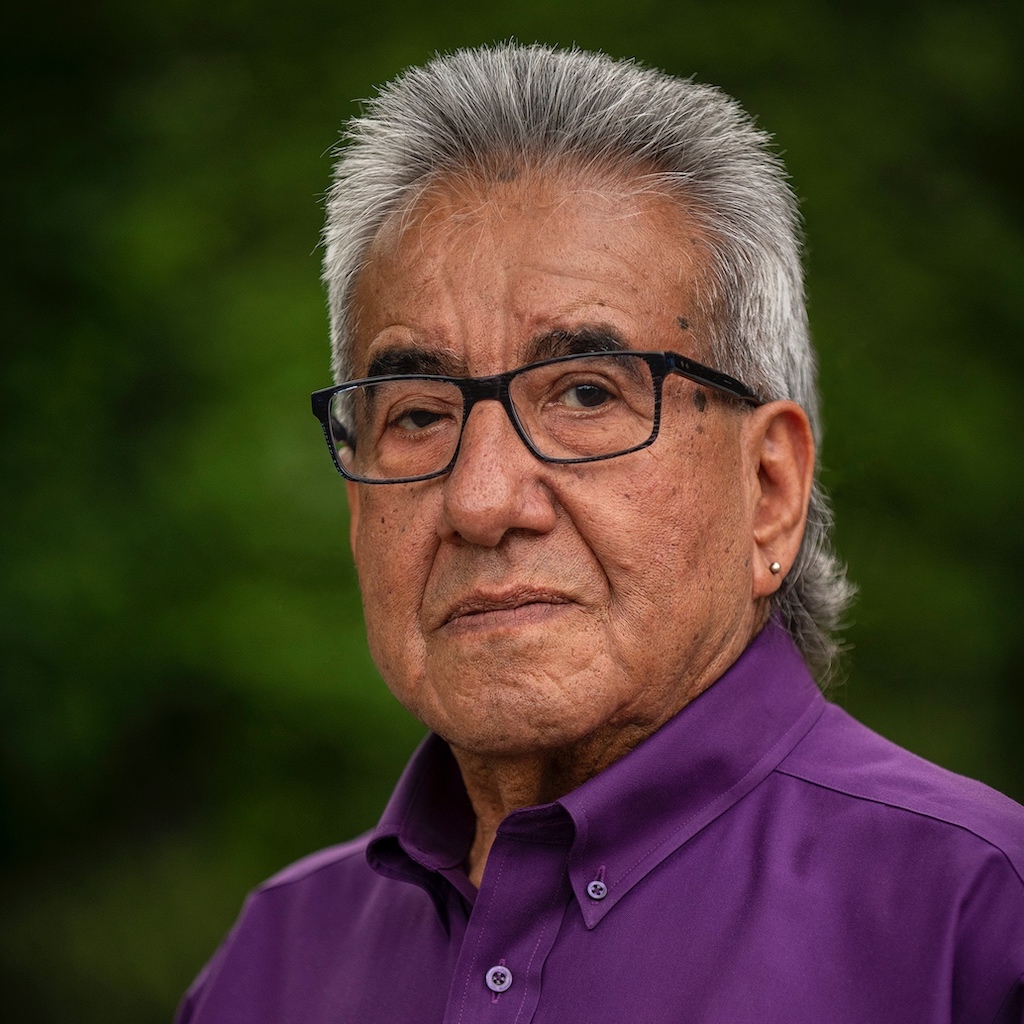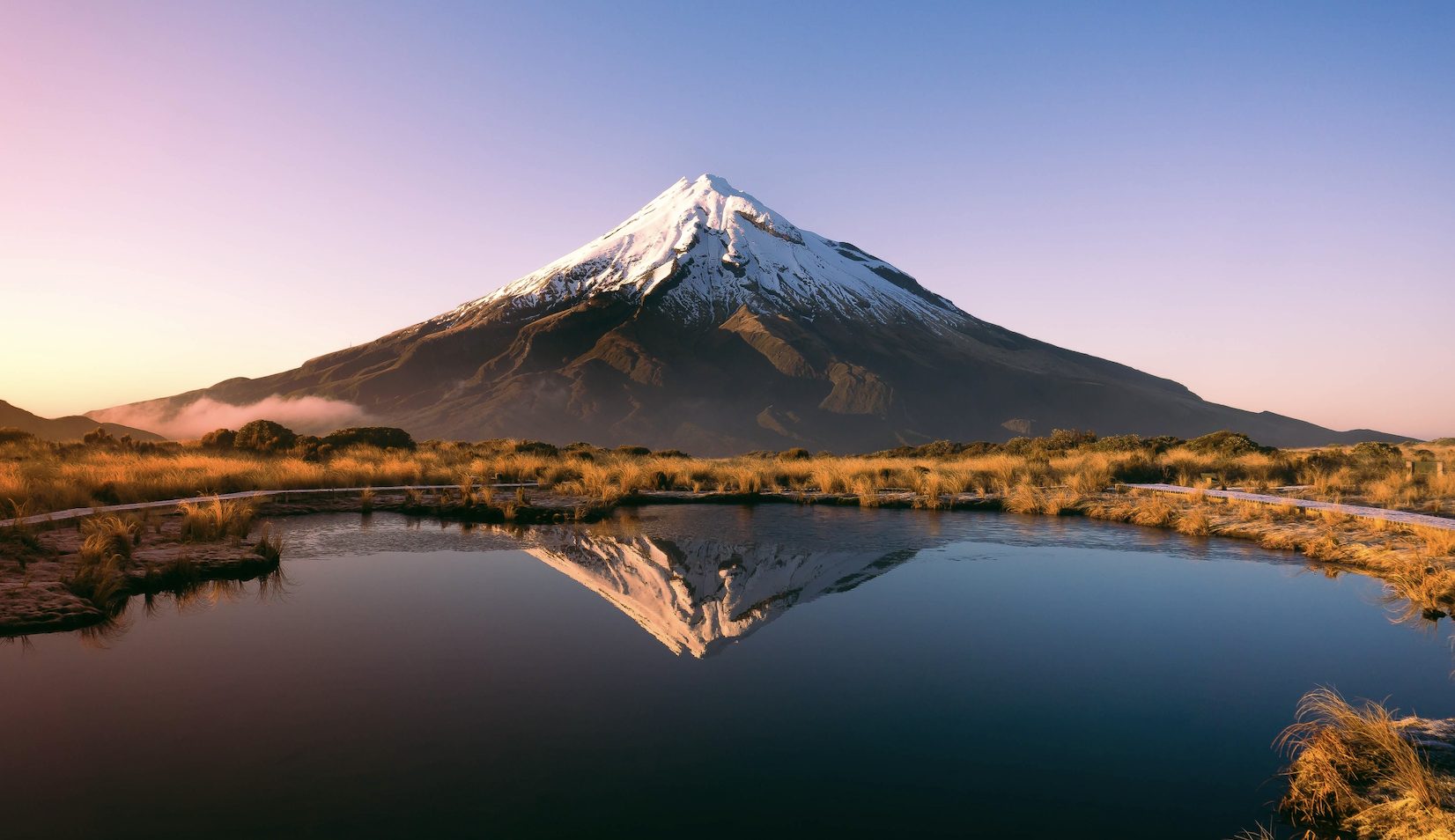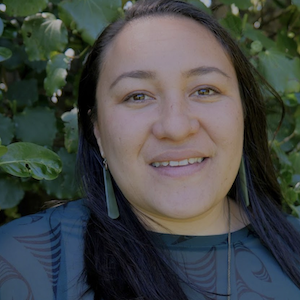Like many Mexican-Americans with Indigenous ancestry, I existed between two points of clarity that I had no language for: Native and settler. “And.” My existence like a semicolon in identity form. As the late Tejano singer Selena’s father, the American singer, songwriter, and producer H Abraham Isaac Quintanilla Jr., famously said, “We have to be more Mexican than the Mexicans and more American than the Americans, both at the same time! It’s exhausting!”
Gloria Anzaldúa, American scholar of Chicana feminism, cultural theory, and queer theory, expressed similar sentiments, saying, “Sometimes I feel like one cancels out the other, and we are zero, nothing, no one.” With no full claim to an Indigenous experience and no full claim to an American settler’s experience, I didn’t realize what I did have: A full claim to an emergent cross-border cultural identity that serves as a unique consciousness around loss, responsibility and resistance.
